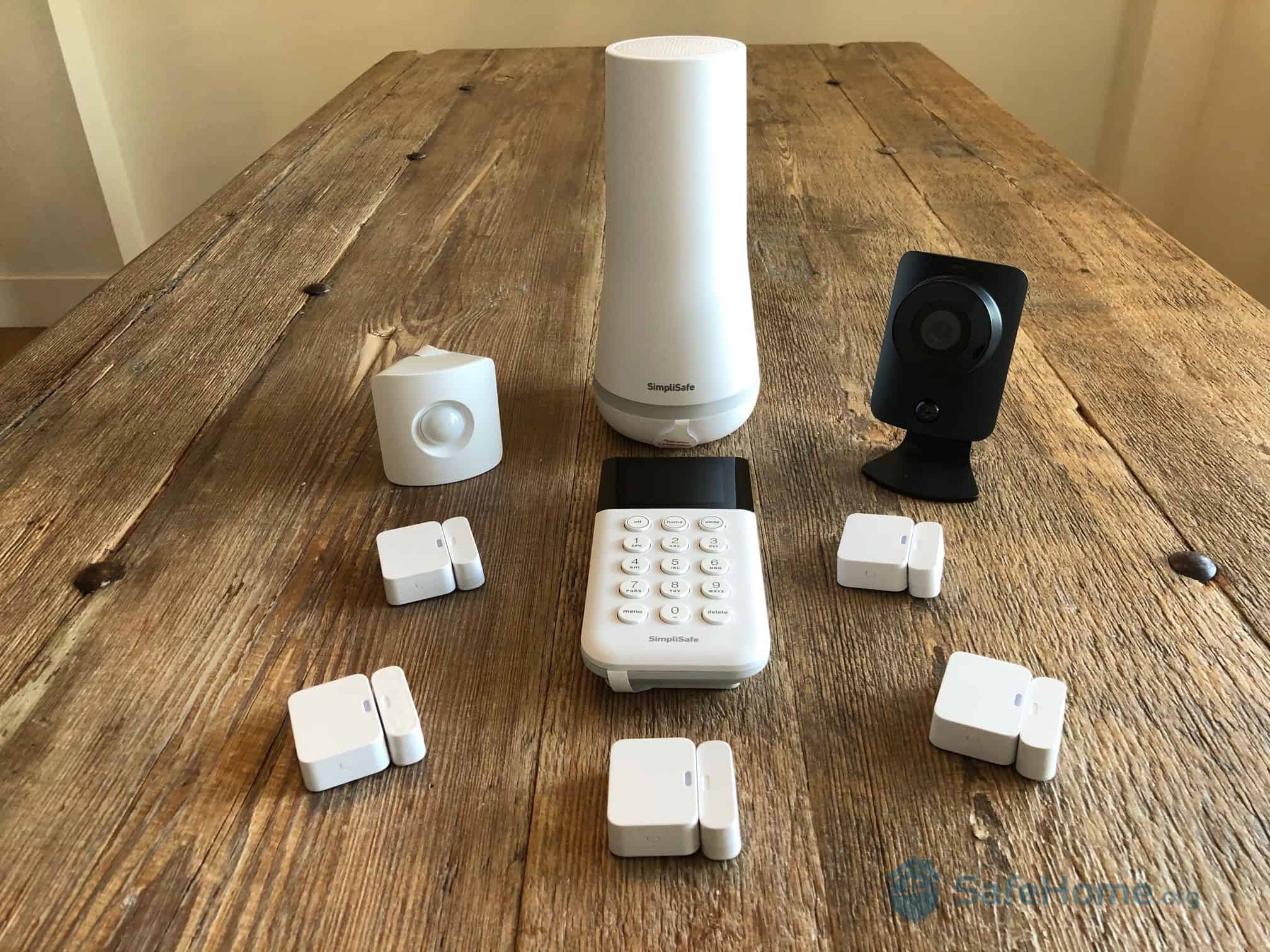Expert Advice to Live Smart & Stay Secure
Learn how to safeguard your home and family with our in-depth product reviews, comparison guides, and other resources.
The Latest from SafeHome






Browse Top Categories
Read Our Hands-On Reviews
We personally test hundreds of top products so you don’t have to.
Our Security Experts Test and Review Products
Our team of home security experts personally test the top brands in home security. Then we share our full experience so that you know what it’s like living with the products on a daily basis. Watch our methodology video to learn more!
Research & Statistics
Our independent research team digs deep on topics like home burglary, property crime, cybercrime, the most dangerous cities, and so much more.










































